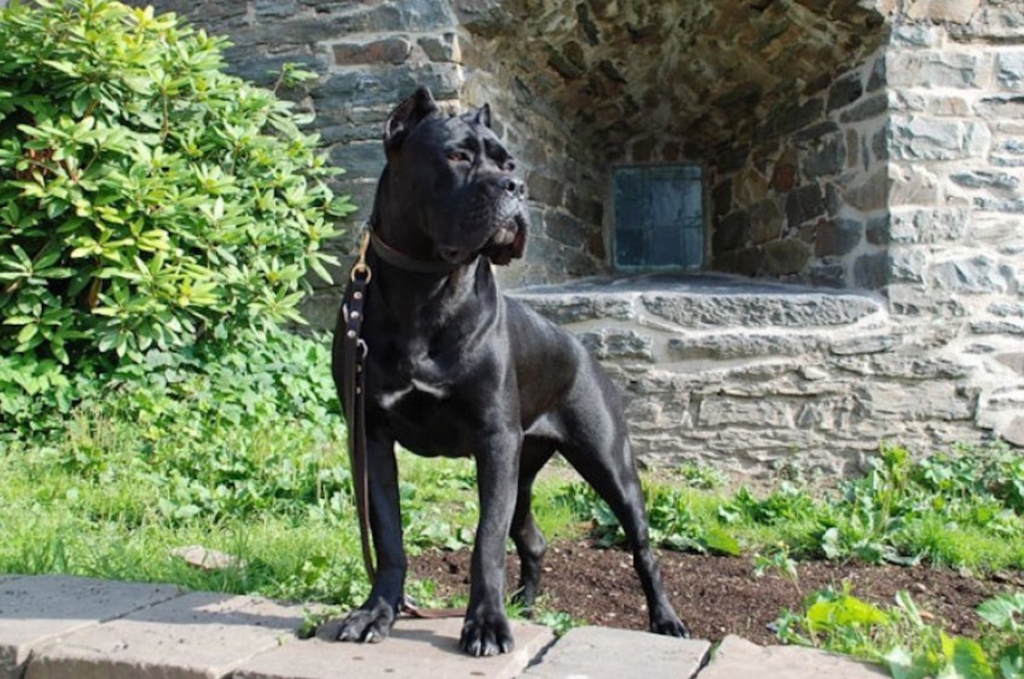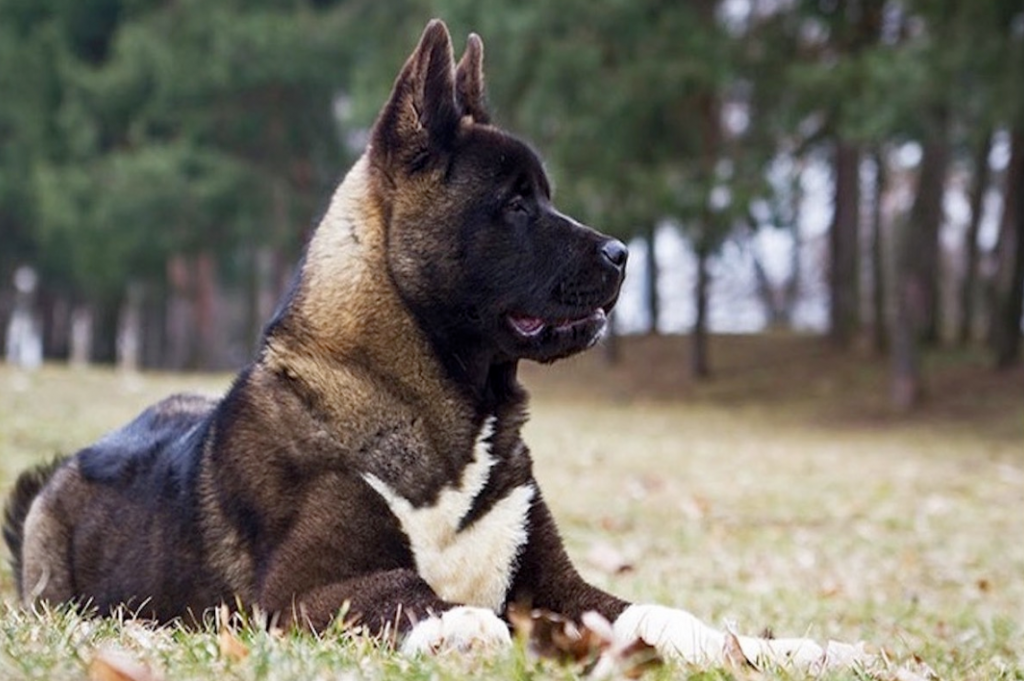
Dogs
Pay Attention! 10 Dog Breeds No Insurance Company Wants to Cover

Want to know if you’re ready for parenthood? Get a dog! They’re man’s best friends and will follow you to the ends of the earth. But before you bring a furry pal home, be aware that some insurance companies won’t cover certain dog breeds. Don’t risk facing a claim or lawsuit down the road. Check out the next page to see if your pup could be a problem. And who would’ve thought that a cute little dog could end up on the insurance no-go list? Pay close attention to number 8!
Cane Corso

The Cane Corso, also called the Italian Mastiff, might look intimidating but don’t be fooled. Despite being a great family dog, many insurance companies have banned them from coverage due to their fierce appearance. These dogs need a strict and consistent owner who can establish boundaries and teach them to distinguish between friend and foe. If you’re not a trusted individual, be prepared to run, as Cane Corsos are known for being fearless guard dogs with a high prey drive.
Akita’s

If you’ve watched the movie “Hachi: A Dog’s Tale,” you know what to expect from the Akita breed. These dogs are incredibly loyal but can be fierce if they feel threatened. However, this is not common and often stems from boredom or lack of socialization. Therefore, before considering adding an Akita to your family, it’s important to do thorough research and check if your home insurance policy covers them.
Doberman Pinschers

If you’ve come across the previous dog breeds mentioned, the Doberman Pinscher is likely not a surprise. Unfortunately, many homeowner insurance companies ban this breed as well. With their history of being used as security and military dogs, people can be wary of them. However, with proper training and socialization, Doberman Pinchers can be well-behaved and make great pets. Keep in mind improper training or lack of socialization can lead to vicious behavior and liability claims.
American Staffordshire Terriers

This furry friend may resemble a Pitt Bull, as both are terriers, but the American Staffordshire Terrier is unique. Despite its charming personality, many insurance companies won’t cover it. These dogs require diligent training from puppyhood to adulthood to prevent them from becoming a threat to their community. Do you see a trend among these banned dog breeds? Find out about the next breed on the next page.
Saint Bernards

Another Big Friendly Giant, Saint Bernard, is also on the no-go list for many homeowner insurance companies. Despite their nickname, Saint Bernards can be fiercely loyal, territorial, and even aggressive if they so choose. With their massive size – up to 80 kg or 200 pounds – they tend to face health issues and a shorter lifespan, which is why insurance companies are reluctant to cover them. If you’re looking for a giant breed, consider the Bernese Mountain Dog, which is often insured due to its friendly nature.
Siberian Huskies

The Siberian Husky, a close relative of wolves, is one of the breeds that many insurance companies won’t cover. When well-trained and socialized, they’re usually great, but without proper attention, they can become bored, aggressive, and hyperactive. This can result in escapes, which won’t sit well with your insurance. Remember that they require a lot of energy and effort to keep them happy and healthy, so if you’re not up for it, consider another breed.
Chihuahua

Chihuahuas might seem adorable, but they can actually be quite nervous and prone to biting when they feel scared or stressed. This has led many insurance companies to block them from homeowner’s insurance coverage, as they often have to pay for the damage and compensation costs. While their small size might make you think they’re harmless, it’s important to remember that psychological harm can also lead to liability claims. So if you’re considering getting a Chihuahua, consider that your homeowner’s insurance may not cover them.
German Shepherds

The German Shepherd, a beloved breed worldwide, is surprisingly often excluded from coverage by insurance companies. Known for their use as guard and combat dogs by security and government entities, German Shepherds are prized for their strength, intelligence, and obedience. However, their ability to take down intruders may contribute to their exclusion from insurance policies. To prevent boredom and negative behavior, it’s essential to provide German Shepherds with opportunities to expend their energy through activities like hiking, running, and biking. To avoid issues with insurance companies, be sure to give these dogs plenty of mental and physical stimulation.
Bullmastiff

This breed of large, intimidating-looking dogs was bred in the 19th century for the purpose of guarding homes and estates. The Bullmastiff is highly devoted to its family and will not permit strangers, whether friendly or otherwise, to enter the home. This is why many insurance companies are wary of covering this breed. If your Bullmastiff were to attack or bite an intruder, you could potentially face a large liability claim or even a lawsuit, which the insurance company would have to pay for. Therefore, it is important to thoroughly research this breed before making the decision to bring one into your family.
Rhodesian Ridgebacks

The Rhodesian Ridgeback originated from South Africa and was bred for the purpose of assisting hunters in corralling lions. These faithful and playful dogs are known for the ridge on their spine. With their history of “fighting” lions, they are considered by many to be one of the toughest dog breeds. Therefore, a Rhodesian Ridgeback needs to have a strong and consistent leader who follows the rules and proper socialization. If not properly trained and socialized, this breed can become quite aggressive, which is why many insurance companies may not provide coverage.


0 comments